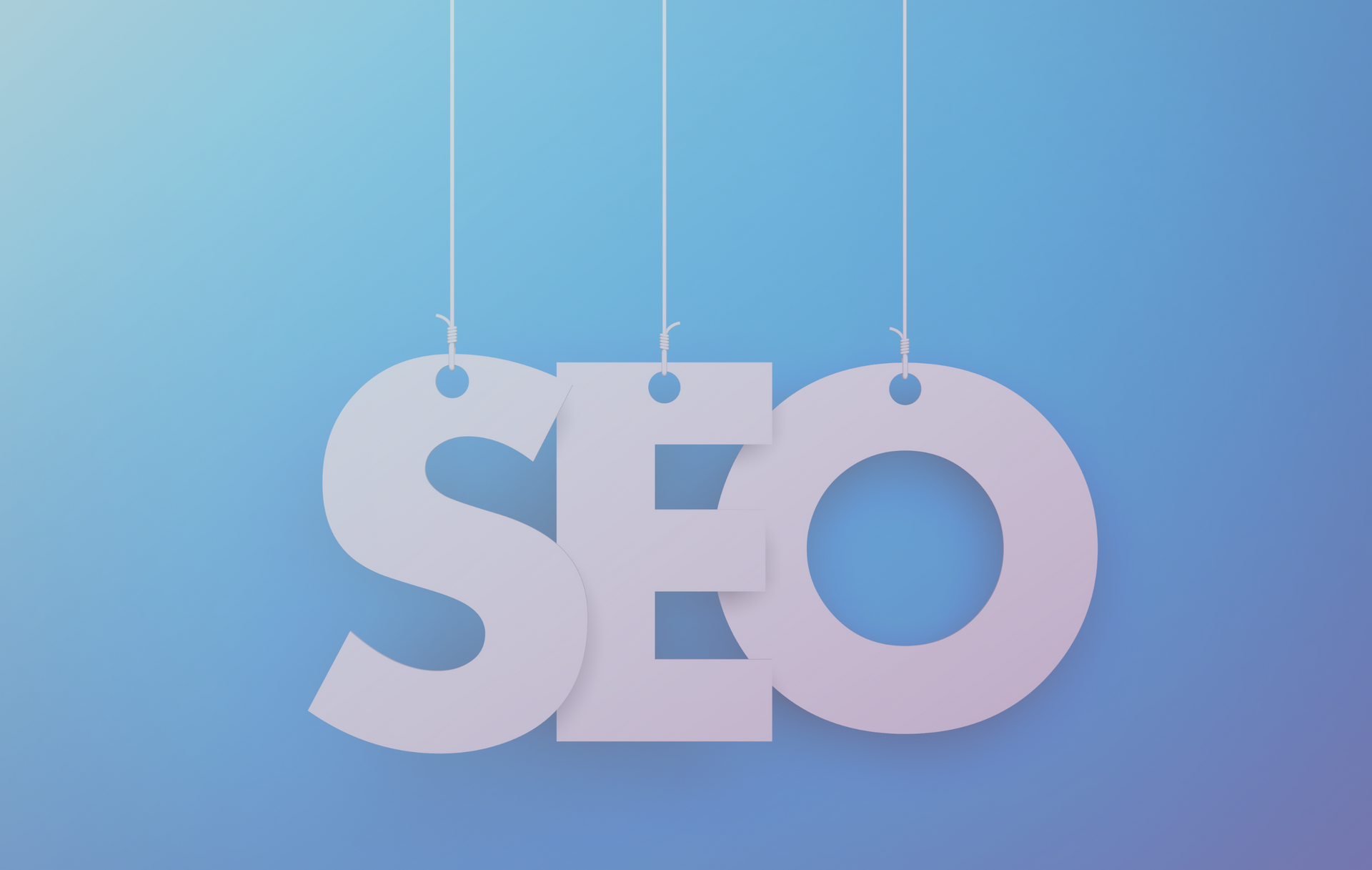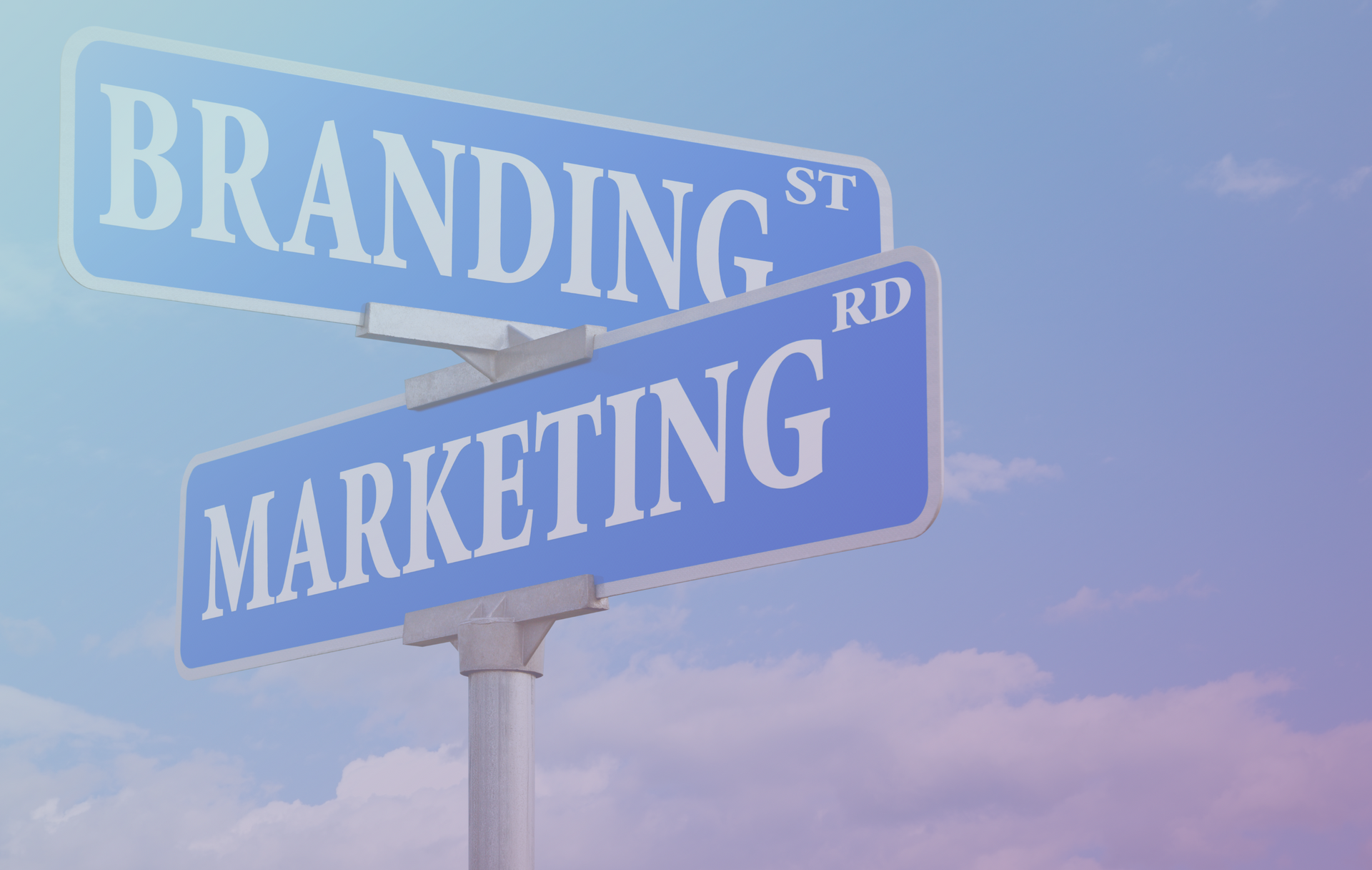Why AI-Generated Branding Can Cheapen Your Brand and Make It Look Fake
Exploring the Risks of Automated Branding and the Importance of Authenticity
In an era where efficiency and innovation are prized, the rise of AI tools for branding has become almost inevitable. From logo generators to AI-driven copywriting, businesses now have access to a range of automated tools promising quick and cost-effective branding solutions. But while the allure of AI branding is strong, it often comes with hidden costs that can undermine your brand’s authenticity and value. Here’s why AI-generated branding can cheapen your brand and make it look fake.
Lack of Originality and Uniqueness: AI tools operate based on algorithms and pre-existing data, which means they can only create within the confines of what’s already been done. When you rely on AI for branding, you risk ending up with a logo, color scheme, or messaging that lacks originality. AI-generated designs often resemble each other, making it difficult for your brand to stand out. The result? Your brand can blend into the sea of similar-looking businesses, failing to make a memorable impact on your audience.
Absence of Human Touch and Emotion: Branding is more than just visuals and words—it’s about connecting with people on an emotional level. AI, while powerful, lacks the ability to understand human emotions, cultural nuances, and the subtleties that make a brand truly resonate with its audience. The human touch is what gives a brand its soul, something that AI simply cannot replicate. When your branding lacks this emotional depth, it can come across as cold, sterile, and fake.
Overly Generic Messaging: AI-generated copy is often formulaic, relying on patterns and keywords rather than creativity and insight. While this might be sufficient for basic tasks, it falls short when crafting compelling brand messages. Your brand’s voice should reflect your unique values, personality, and vision—qualities that AI cannot fully grasp or convey. The result is messaging that feels generic and impersonal, which can dilute your brand’s impact and make it seem inauthentic.
Risk of Inconsistency: AI tools can produce results quickly, but they don’t always ensure consistency across different branding elements. Your brand’s identity should be cohesive, with a unified look, feel, and voice across all touchpoints. However, AI tools often generate outputs that don’t align perfectly with each other, leading to a fragmented brand identity. This inconsistency can confuse your audience and make your brand appear unprofessional and poorly thought out.
Potential for Ethical Missteps: AI lacks the ethical reasoning and cultural awareness that human creators bring to the table. It can inadvertently produce content that is tone-deaf, culturally insensitive, or even offensive. While this might not be intentional, the consequences can be damaging to your brand’s reputation. A single misstep can make your brand appear out of touch, fake, or even exploitative, leading to a loss of trust among your audience.
Devaluation of Brand Perception: Consumers are becoming increasingly savvy and can often spot AI-generated content from a mile away. When your branding looks overly automated, it can create the perception that you’re cutting corners or that you don’t value the quality of your brand. This can lead to a devaluation of your brand in the eyes of your customers, who may see it as cheap or unworthy of their loyalty.
Missed Opportunities for Storytelling: One of the most powerful aspects of branding is storytelling—the ability to convey your brand’s journey, values, and mission in a way that resonates with your audience. AI, however, is not capable of crafting narratives with the same depth and authenticity as a human. When you rely on AI for branding, you miss out on the opportunity to tell your brand’s story in a meaningful way, which can weaken the connection between your brand and its audience.
While AI tools can be useful for certain tasks, relying on them for branding can ultimately cheapen your brand and make it look fake. The lack of originality, emotional depth, and consistency, combined with the potential for ethical missteps and the absence of compelling storytelling, can all contribute to a diminished brand perception. To build a strong, authentic, and memorable brand, it’s crucial to prioritize human creativity, insight, and connection—elements that no AI can truly replicate.




